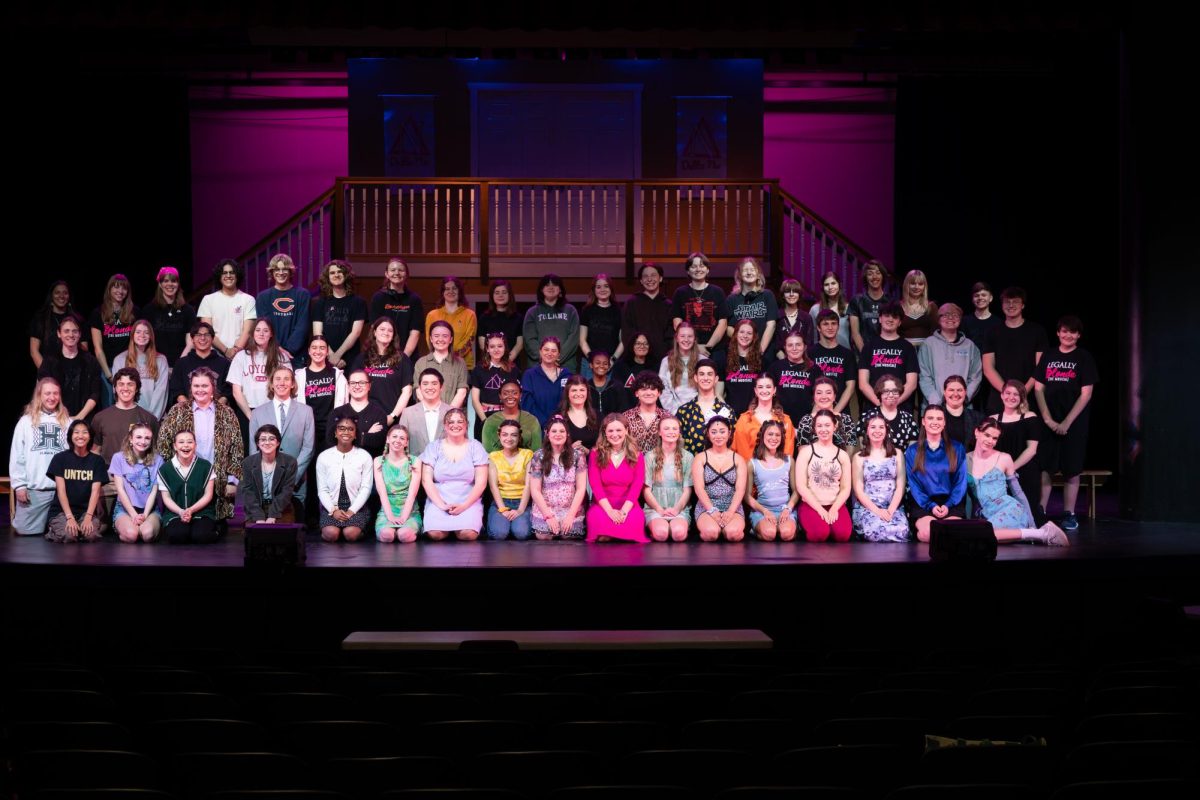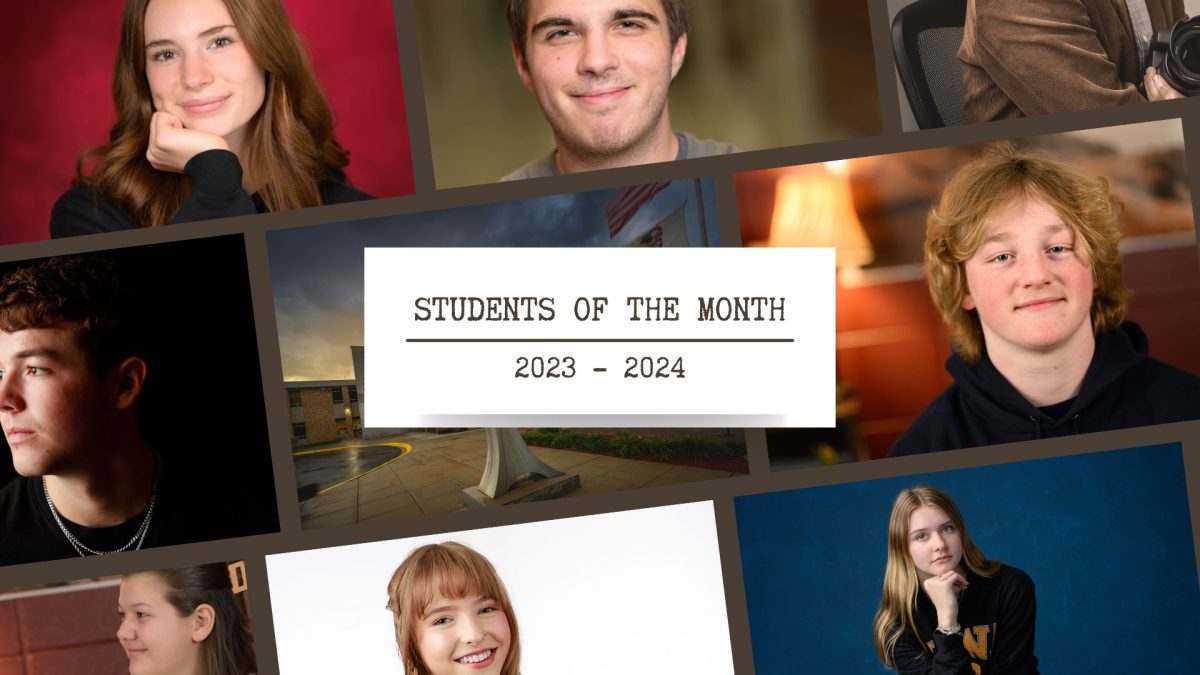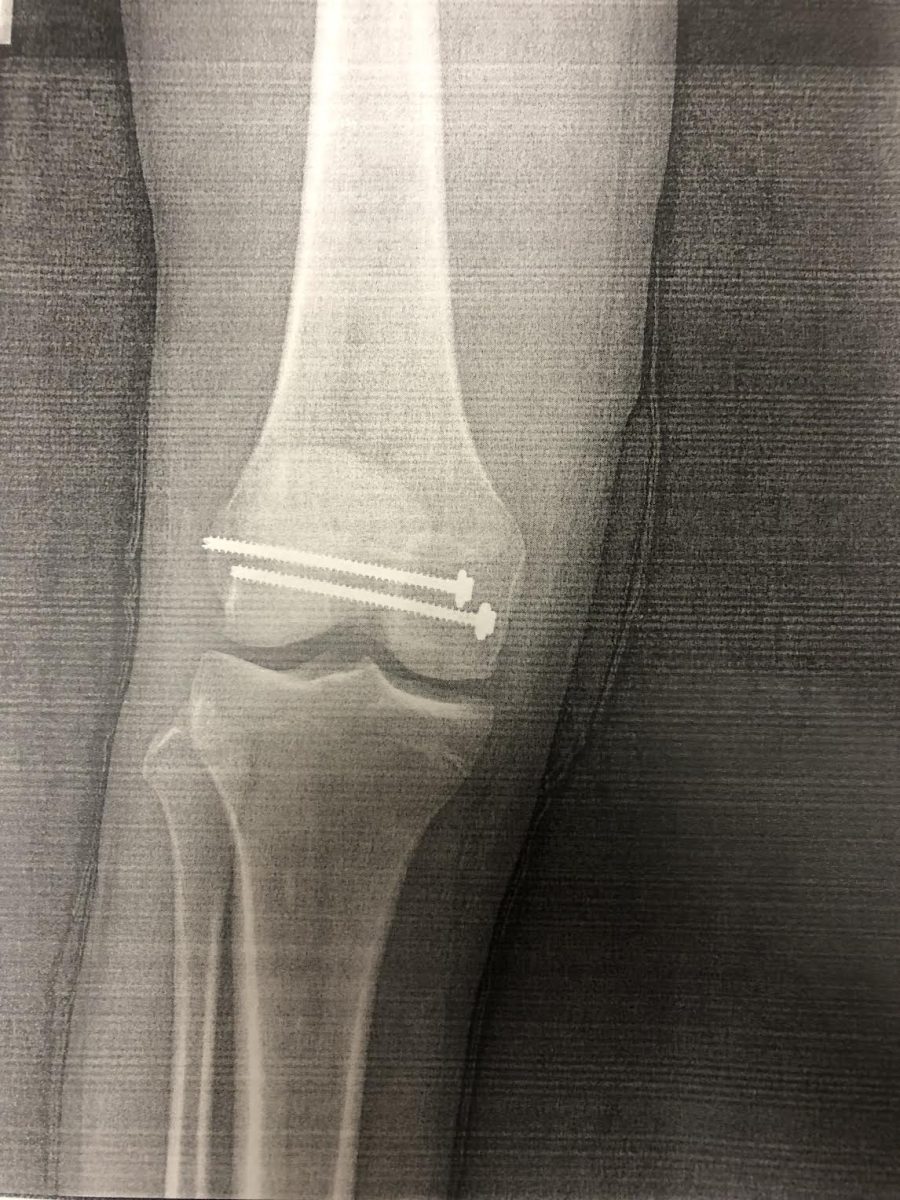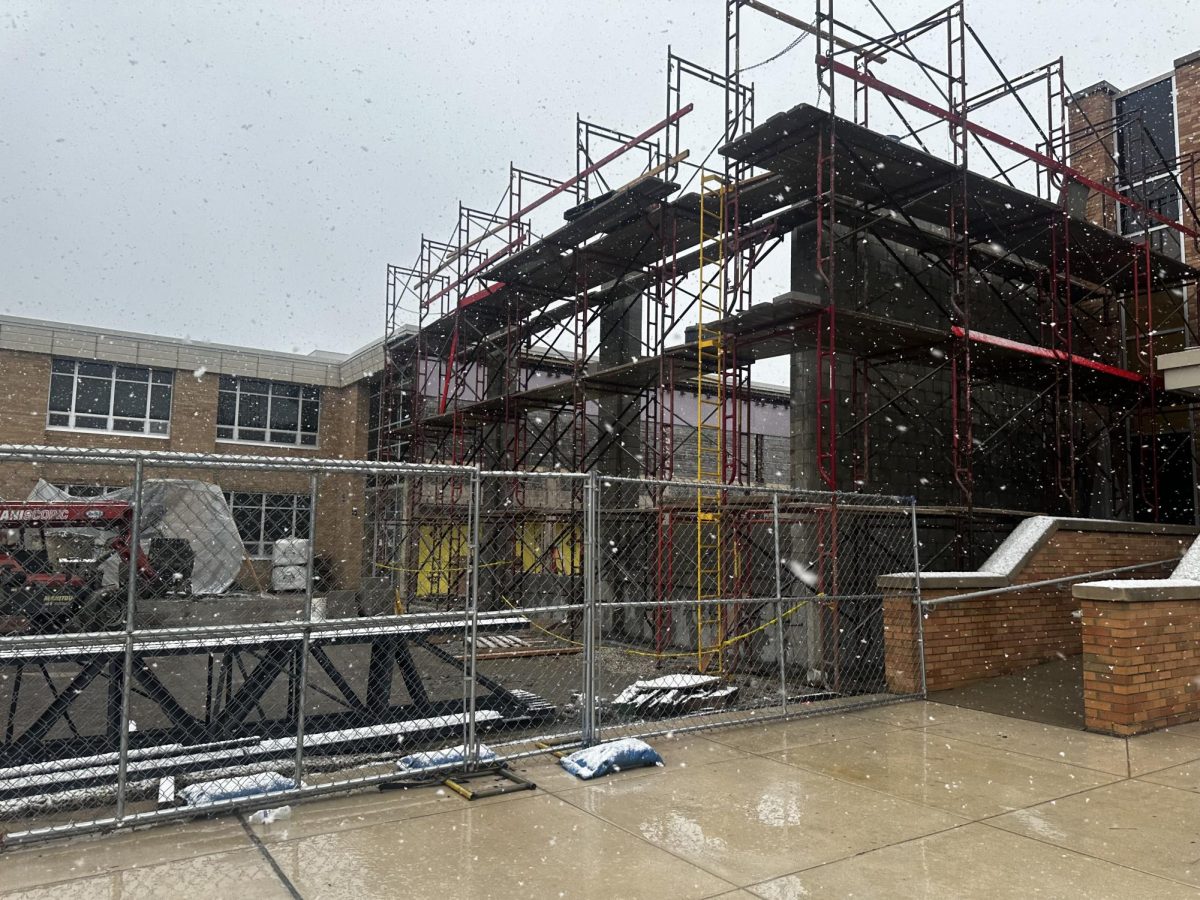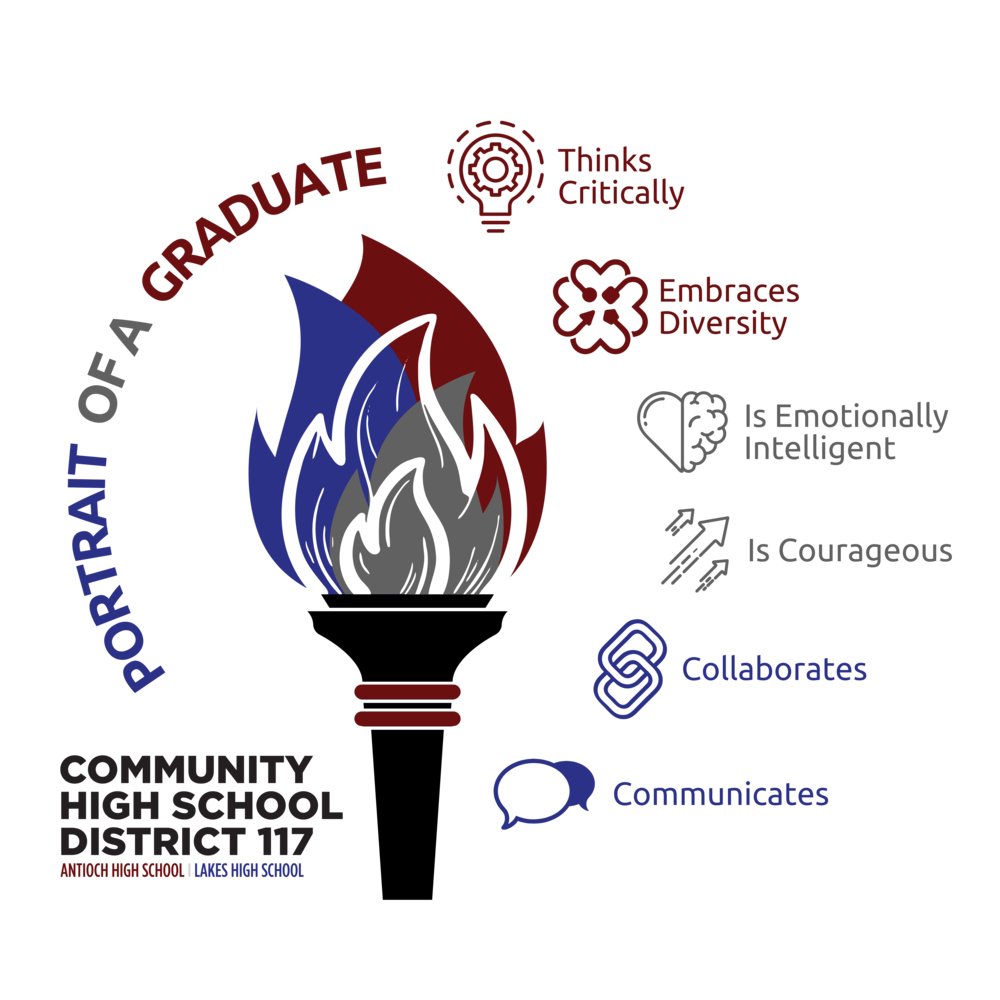This is how it is: you put towels on the mirrors, because you’re dyed a deep blue. You pick up the phone just to listen to the dial tone. You find your vocal chords cracked and strained, and you learn never to speak again. You learn about distance from the twenty-two inches he swings from his palm to your face, the expanse of space he keeps between the bottle and his lips, and when he leans down to kiss you, the fraction of an inch you pull away every single time. You learn about echolocation when he says “I love you.” You know this is it from the glasses shattered on the ground and the scent and sound of sick. This is the crack of knuckles on skin. This is you crying on the floor. This is him slamming the door. These are your mom’s worried eyes. This is “I love you, too.” This is domestic abuse.
In high school, many want to find someone to love and find someone to love them back. Puppy love, as adults call it, put us in very dangerous places sometimes. With the focus so much on love, what happens when the love becomes not only mentally dangerous, but physically dangerous as well?
According to loveisrespect.org, 1.5 million adolescents experience physical abuse from a dating partner each year and one in three adolescents in the United States are a victim of physical, sexual, emotional or verbal abuse from a dating partner, a figure that far exceeds rates of other types of youth violence. Although it may not have happened to you, or someone you personally care about, it could be happening to someone around you. If it is happening to you, there are ways to find help.
“Domestic abuse can be physical and emotional abuse. It’s something that makes someone’s entire living arrangement unhealthy because of someone else invading their life,” said ACHS psychologist Christine Kasbohm. “It’s not ‘common’ but it is certainly happening; it’s out there,” said Kasbohm. “When you use those terms, you think it’s just violence but it is emotional and sexual as well.”
Domestic abuse is always close to home. It lurks in the school, in the neighborhoods, in the town you think you know so well. It’s hard to tell who’s being abused, because it doesn’t always leave a person in bruises.
“I have been in two relationships where domestic abuse has occurred. The first relationship was mainly mental abuse and the second relationship was both physical and mental,” said Susie*. “It has ruined any self esteem I’ve ever had. I try not to act like anything demeaning they ever said to me bothered me, but I can’t help but take it to heart. Along with that, it has made me hesitant to trust anyone.”
According to loveisrespect.org, “violent relationships in adolescence can have serious ramifications by putting the victims at higher risk for substance abuse, eating disorders, risky sexual behavior and further domestic violence.” They also can completely turn someone away from their friends, family and life.
“It’s scary for most people to come forward but it’s the best way to not only help yourself, but help others who could become victim to the same person,” said Kasbohm.
Domestic abuse is taken very seriously. If domestic abuse is relayed to a social worker or psychologist in school, they have to report it. Although getting support can be scary, “..the most important thing to do is report it. Even if you just tell a friend or a trusted family member, just tell somebody. That’s the only way you can start getting help,” said Kasbohm.
“It’s extremely hard to get out of an abusive relationship, but there are plenty of resources you can go to if you need them. [I used A Safe Place] and they will be more than happy to help you through it. Believe me when I say your life will be so much better if you get out,” said Susie. “It’s not your fault. You are not the reason any of this is happening and you don’t deserve it. Never let your abuser tell you otherwise. Take a step back and realize that you deserve happiness.”
A Safe Place’s website, www.asafeplaceforhelp.org, has information for teenagers to call for help, as well as stories about other people’s past experiences.
*Name has been changed to protect the victim.

